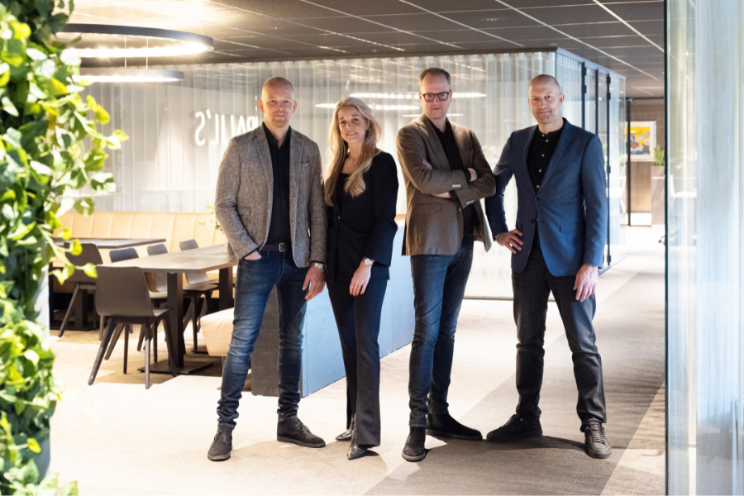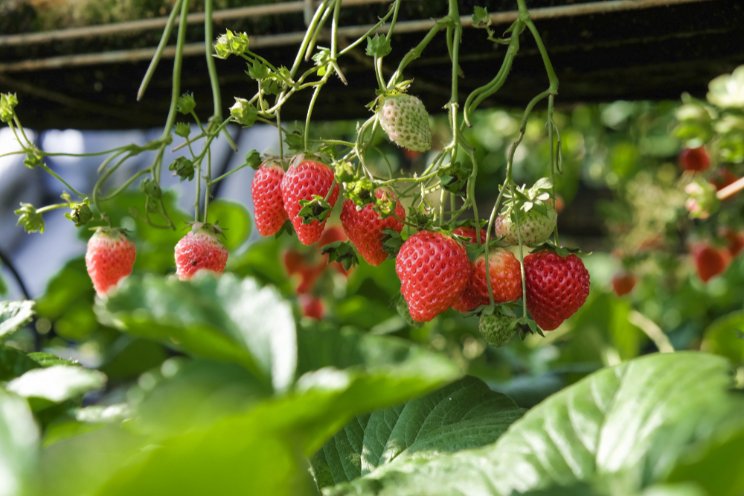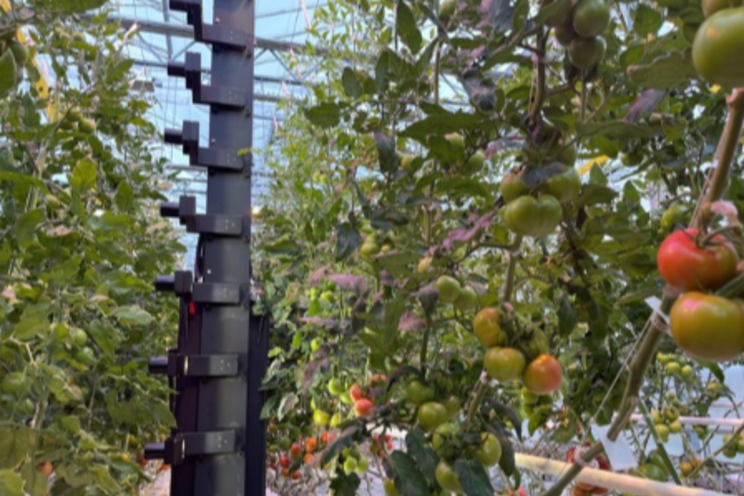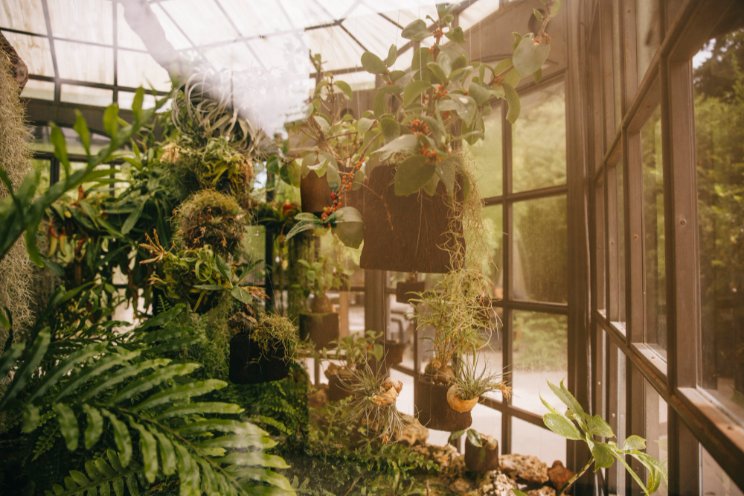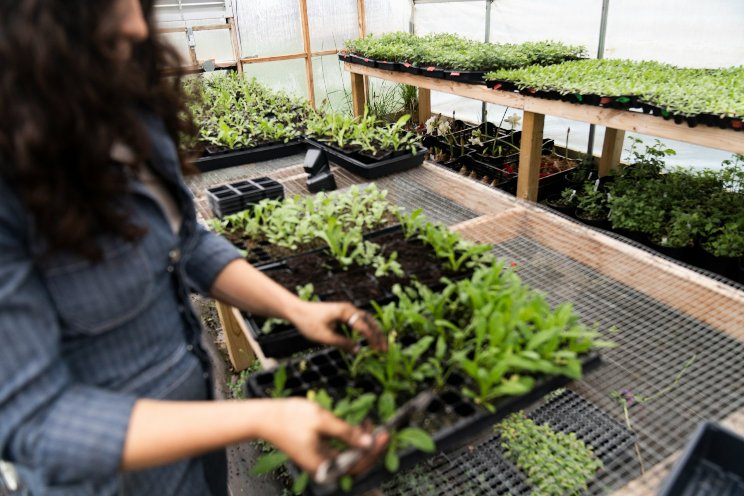The feasibility of fully autonomous control in greenhouses
Added on 31 August 2023
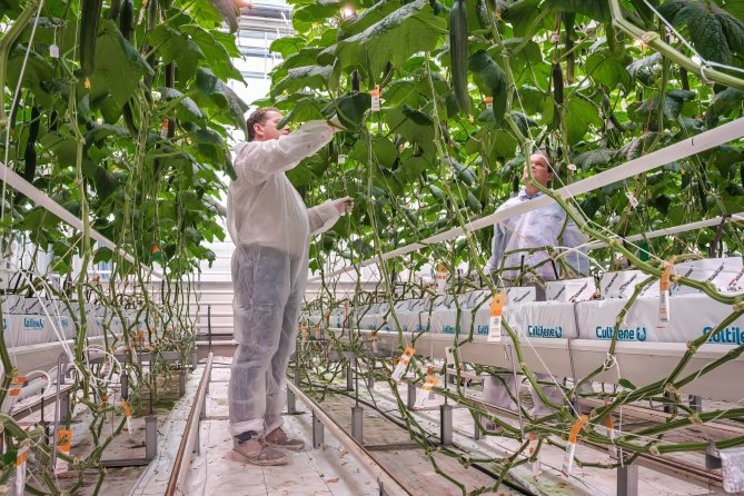
“In the past two years, we worked on the building blocks for autonomously controlled cultivation of cucumbers. We determined the plant traits essential to decision-making for crop management and climate control, and chose the sensors to measure said traits. To control the greenhouse autonomously, we developed algorithms based on two approaches: a mechanistic model-based Digital Twin and a machine learning algorithm based on Reinforcement Learning,” explains Anja. Early this year saw the start of the validation trial: these two approaches and a growers reference were applied in a greenhouse trial with real cucumber crops to evaluate their performance at the WUR research facilities in Bleiswijk (the Netherlands).
Photo: Guy Ackermans
More news

